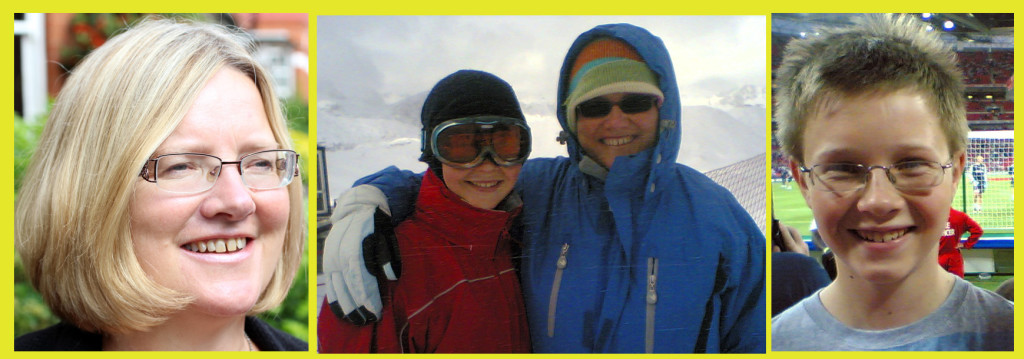Tom’s 21st birthday and the sound of silence
In October this year, government ministers received a report on proposals to cut the number of accidents involving young drivers. They are now considering what to do. A problem has been recognised and attempts, whether successful or not, will be made to put things right (http://www.bbc.co.uk/news/uk-24485792).
Earlier this month, the case for and against using electronic cigarettes was publicly aired at some length. It’s right that a debate is held, one in which people are provided with information and empowered to take responsible decisions (http://www.bbc.co.uk/news/health-24909648).
Today would have been Tom’s 21st birthday. This week, in all probability, 12 more young people aged 14-35 will die from undiagnosed heart conditions. Sons, daughters, brothers, sisters, husbands, wives, fathers, mothers. They’ll add to the total of more than 3,700 young people who have died since we lost Tom in October, 2007.
Look at that figure again: 3,700 young people since October 2007.
The vast majority of them would have lived had they been screened.
And yet the only sound is silence.
Silence from those who make the law and shape policy. Silence from the medical establishment.
But for one charity, Cardiac Risk in the Young, there would be no voice at all to highlight a dreadful, premature and largely preventable loss of life throughout the United Kingdom.
It is not wrong that there is a debate among policy-makers and medical professionals over issues such as the use of electronic cigarettes or what is the right action to take to cut the number of accidents involving young drivers. What’s wrong is that nobody seems to be listening when it comes to young sudden cardiac deaths. How many more tens of thousands of screenings does CRY have to carry out, how much more research does it have to undertake, before policy-makers take note?
The case for full public scrutiny and debate is clear enough. In Italy, where you have to be screened before you take part in organised sport, deaths from undiagnosed heart conditions have been cut by 89%. Here, CRY’s figures suggest that 1 in every 300 people screened will be identified with a potentially life threatening condition.
In any event, when do statistics reach a tipping point that suggests action is required? Should it matter if it’s 12 a week or 1 a week or 50 a week? If as a society we have the equipment and skills to make a difference, shouldn’t we do so?
It is not that those young adults with undiagnosed heart conditions should be heard above others who suffer different plights. It’s simply that as much weight and attention needs to be given to this issue as to others.
CRY has ploughed a lonely furrow for many years and done so quite magnificently. If a journey of a thousand miles starts with a single step, Alison Cox and the team have walked many miles already.
But they continue to need your help. On Tom’s birthday and in the middle of CRY’s Awareness Week, please take a moment to show your support. Put something on Facebook or Twitter, stick up a poster, anything, no matter how small it seems to you, helps.
Show that you think losing so many young people when we do not need to is wrong.
For Tom and all those like him, make your voice heard above the silence.
Read More




